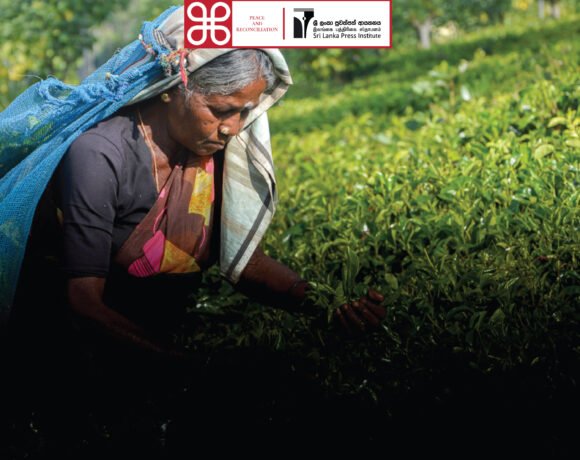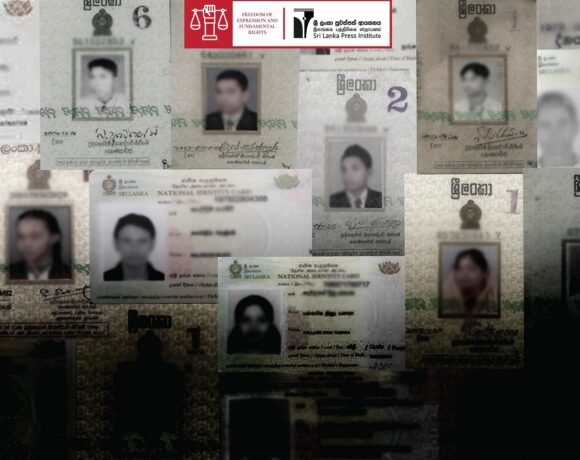Dhanushka De Silva
The Indo-American Model
It is accepted that secularism is a “WatchDog” of Indian democracy. Although the term ‘Secular’ was not expressly enumerated in the original version of the Constitution made by the constituent assembly, there was a wide drawn discussion amongst constitution architects, Dr Ambedkar, Neru and Gandhi over the fact that the state should be exclusively separated from religion. Marking a milestone, the 42nd Amendment of 1976 to the Constitution, made India a secular state.
The U.S.A. is one of few nations that values secutilism. The very first amendment to the Constitution distanced religion from the state. The amendment also denied the draconian powers vested with Congress to prohibit any religion. In Lerron v. In Kurtzman, it listed a three test system to pass a draft bill which will in turn become a law. The tests were; firstly, an explanation on the religious nature of the Act and secondly, made an assurance that the Act does not affect prohibition or curtailment of religious freedom. Thirdly, the purpose of the law is not to foster a relationship between the state and religion.
Is Sri Lanka Religious or Secular?
Article 9 of the Constitution contravenes the very first meaning of secularism.It states: “The Republic of Sri Lanka shall give to Buddhism the foremost place”, and “accordingly it shall be the duty of the state to protect and foster the Buddha Sasana.” This clearly shows to what extent it has created a strong bond between the state and Buddhism.
In this context, as has been guaranteed by the Constitution, the state has to intervene to preserve Buddhism. In other words, in making a law, it is thus necessary to pass the test of Sinhala-Buddhist Majoritarianism- the popular mandate of the Sinhala Buddhist majority. If it is unable to pass the test, the government will have to take a step back. This says that the state has been unable to maintain strong neutrality or impartiality in the presence of Buddhism unlike India and the US. As guaranteed in Article 12(2) of the Constitution, a citizen cannot be discriminated against on the grounds of ethnicity, religious adherence, language, etc. However, the Sinhala-Buddhist opinion is yet a decisive factor in mapping out the political future of a government. No government has power to evade that factor.









